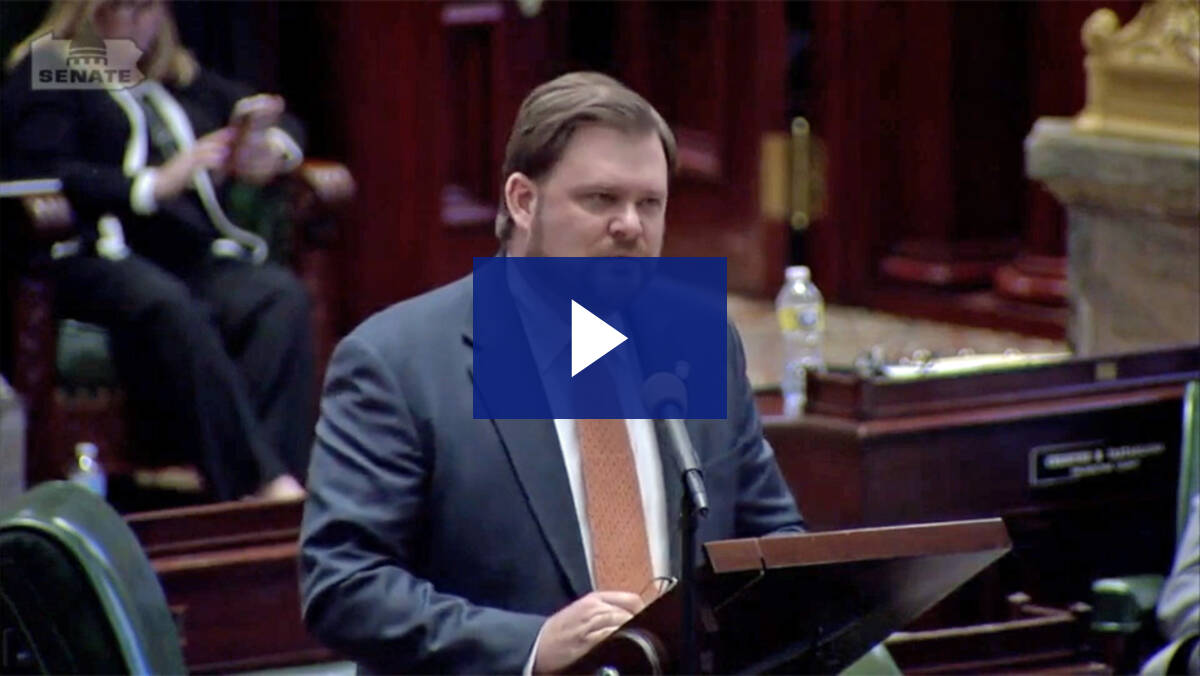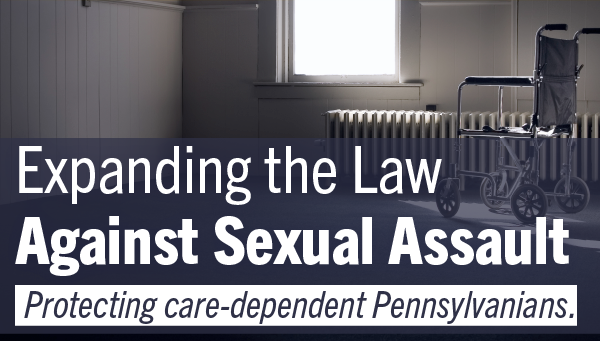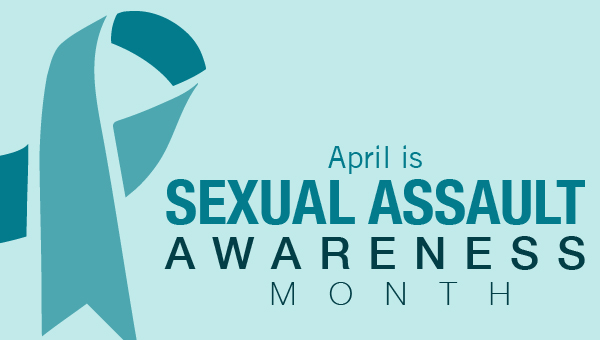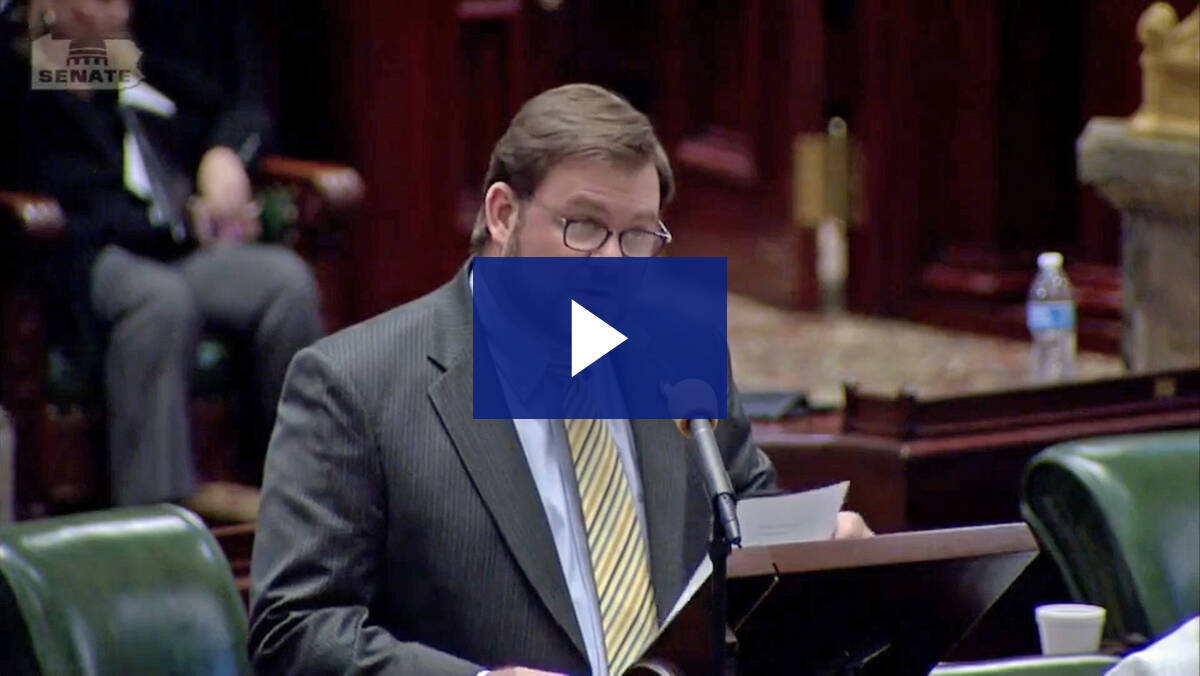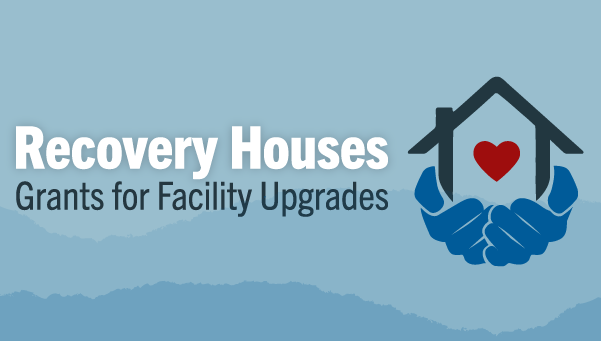
|
||||
|
In this Update:
State Court Blocks Gov. Wolf’s $781 Million Carbon Tax Pending Further Order
In a win for Pennsylvania consumers and workers, Pennsylvania Commonwealth Court this week ruled Gov. Tom Wolf’s $781 million carbon tax could not take effect pending a full order from the court. The ruling came a day after Senate Democrats failed to join Republicans in standing up for Pennsylvania workers and ratepayers in an attempted override of the governor’s veto of a resolution that disapproves of Pennsylvania joining the Regional Greenhouse Gas Initiative (RGGI). During debate about the veto override attempt, I spoke on the Senate floor and pointed out that while many of my Senate colleagues, day in and day out, look for solutions to the significant issues of food insecurity, housing insecurity, energy insecurity and an inadequate minimum wage, there is a universal solution to all those insecurities and all those inadequacies: it’s a family-sustaining job. Unfortunately, because nearly all the Senate Democrats voted to support the governor’s unilateral decision to force Pennsylvania to join RGGI, the policy – barring successful legal action to stop it – will ultimately harm the state’s economic interests by hiking residential electricity bills 30% and killing 22,000 of those family-sustaining jobs. Just last week, impartial analysis from the Independent Fiscal Office (IFO) concluded RGGI could nearly quadruple new electricity costs for consumers above the administration’s own year-old projections for the program. The IFO also warned members “those costs would be pushed through to final customers.” RGGI will cripple Pennsylvania’s economic standing as a leading energy producer and leave the nation more reliant on fossil fuels from hostile nations than ever before, without ever achieving any of RGGI’s purported air quality improvements. Multiple independent reports show that emissions from Pennsylvania’s power sector declined at a comparable rate to the other 10 RGGI states over the last decade while Pennsylvania’s power sector increased its energy production, further undermining the flimsy justification the administration uses to force this unconstitutional tax onto 13 million residents. The Wolf Administration is attempting to enter this pact through the regulatory process without the approval of the legislature. Every other participating state entered RGGI through the legislative process – not unilateral executive action. A bipartisan majority of legislators has consistently voted against RGGI when the issue has been brought to the floor for a vote. I never would have thought I’d hear some of my friends on the other side of the aisle embrace corporate America on an issue such as this while turning their backs on the hard-working, middle-class union families in this commonwealth. Senate Votes to Expand Sexual Assault Law to Cover Crimes Against Care-Dependent Pennsylvanians
The Senate voted to expand the law against institutional sexual assault to include assaults by caregivers on care-dependent individuals, closing a loophole that allows perpetrators to escape punishment. Current law against sexual assault applies to institutions such as prisons, schools and law enforcement. It is premised on the fact that truly consensual sexual acts are not possible where someone is in a position of power over another. Passage of Senate Bill 704 recognizes the same power disparity exists between caretakers and those in their care. Such individuals face additional challenges to reporting sexual abuse due to the circumstances that make them dependent upon others, including physical or cognitive disabilities, and mental and physical health struggles. Expanding the law against institutional sexual assault eliminates the loophole that permits perpetrators to falsely claim the victim consented. Senate Bill 704 will be sent to the House of Representatives for consideration. Observing Sexual Assault Awareness Month April is Sexual Assault Awareness Month. Expanding the law against institutional sexual assault is just the latest action taken by the General Assembly to stand together against this vile crime. In recent years, lawmakers enacted measures strengthening the rights of sexual assault survivors and bolstering their ability to obtain justice. Need help? Call 800-656-HOPE (4673) to be connected with a trained staff member from a local sexual assault service provider. Safe Exchange Zones Could Come to More PA Communities with Senate Vote
Legislation to create a grant program to establish Safe Exchange Zones throughout Pennsylvania was approved by the Senate and sent to the House of Representatives for consideration. Senate Bill 881 would provide a safe area for individuals to exchange goods bought and sold through an online marketplace, as well as serving as a safe place for child custody exchanges, among other practices. The Safe Exchange Zones would be voluntary and require the agreement of the participating law enforcement agencies. The zones would be equipped with video surveillance and are either within 100 feet of a law enforcement office or located near a public area with an active public presence. Passage came a year to the day that Cambria County resident Denise Williams was murdered after she attempted to finalize the purchase of an item found through Facebook Marketplace. Senate Recognizes April 8, 2022 as “Drugs Kill Dreams Day” in PASubstance abuse and the opioid crisis continue to worsen in Pennsylvania. To assist in getting out the message of drug use prevention to young people across the commonwealth, the state Senate this past week recognized April 8, 2022, as “Drugs Kill Dreams Day” in Pennsylvania. I offered a resolution recognizing the day. The Drugs Kill Dreams (DKD) program was launched in 1994 by Armstrong County District Judge J. Gary DeComo, with the program’s name coming in 2000 courtesy of a local area student (then a fourth grader) who used the slogan “Drugs Kill Dreams” in an anti-drug poster contest. Judge DeComo sought to increase drug and alcohol prevention awareness in schools and communities throughout western Pennsylvania, with the DKD program based on the strong belief that if we increase prevention efforts, we will decrease addiction and crimes committed by individuals with an addiction. Published research illustrates that a proactive approach works to reduce substance abuse among young adults if they are part of a community-based prevention effort while still in middle school, with observed significant reduction rates for methamphetamine, prescription drug misuse, marijuana, alcohol, cigarette and inhalant use. In partnership with the ACMH Hospital Foundation, DKD is one of several programs throughout the state that partner with schools, churches and other community organizations to share educational materials and prevention messages to young people, sending a critical and clear message to our youth: drugs will kill your dreams. The objective of these programs is to stop drug and alcohol addiction and abuse before it begins, encouraging adolescents to live healthy, respectful, safe and responsible lifestyles – a goal worth statewide recognition. I’m honored to continue the tradition set by my predecessor, Sen. Don White, in recognizing the continued impact of the work the Drugs Kill Dreams program has on youth throughout the commonwealth. Public Hearing on Housing IssuesThis week I chaired a public hearing of the Senate Urban Affairs and Housing Committee in Philadelphia regarding various housing, blight and land development matters. The committee heard from two panels of representatives of local organizations that discussed issues related to blight prevention and response; property repair and maintenance; and greenspace, community gardens, land banks and property development. The first panel consisted of Professor Vincent Reina, an associate professor in the Department of City and Regional Planning at the University of Pennsylvania; Steve Luxton, executive director and CEO of the Energy Coordinating Agency; and David Thomas, president and CEO of the Philadelphia Housing Development Corporation. On the second panel were Jenny Greenberg, executive director of Neighborhood Gardens Trust; Angel Rodriguez, executive director of the Philadelphia Land Bank; and Andy Toy, policy director at the Philadelphia Association of Community Development Corporations. The committee will be holding a follow-up hearing next week (10 a.m., Thursday, April 14) in the Living Water Church, located at 629 Woodward Avenue, Kittanning, PA. Grants Available to Help Drug and Alcohol Recovery Houses
Effective treatment for individuals in recovery from a substance use disorder is essential for healthy communities. State grants are available to help recovery houses with facility upgrades to comply with federal, state, and local laws and receive a state license. Grants up to $50,000 for a 12-month period beginning July 1 will be awarded to eligible applicants for health and safety upgrades including demolition, debris removal, rehabilitation improvements, environmental remediation costs, and construction and inspections to comply with state regulations. Applicants must meet several qualifications to be eligible. More information is available here. Saturday is National Former Prisoner of War Recognition Day
It’s commemorated on April 9 because that day in 1942 was the prelude to the Bataan Death March in the Philippines, the forcible transfer by the Imperial Japanese Army of up to 80,000 American and Filipino prisoners of war. Up to 650 American and 10,000 Filipino soldiers died during the brutal, 65-mile march. We must never forget the ordeal faced by prisoners of war during captivity and the emotional toll on those fortunate enough to survive. |
||||
|
||||




Want to change how you receive these emails? 2026 © Senate of Pennsylvania | https://senatorpittman.com | Privacy Policy |

